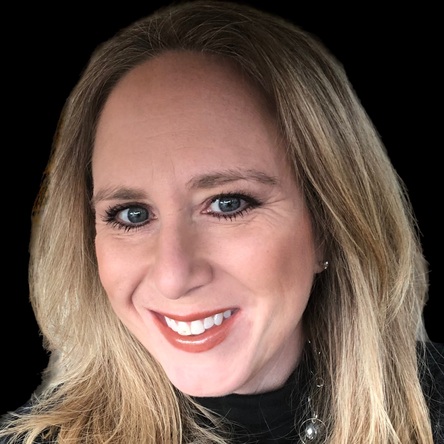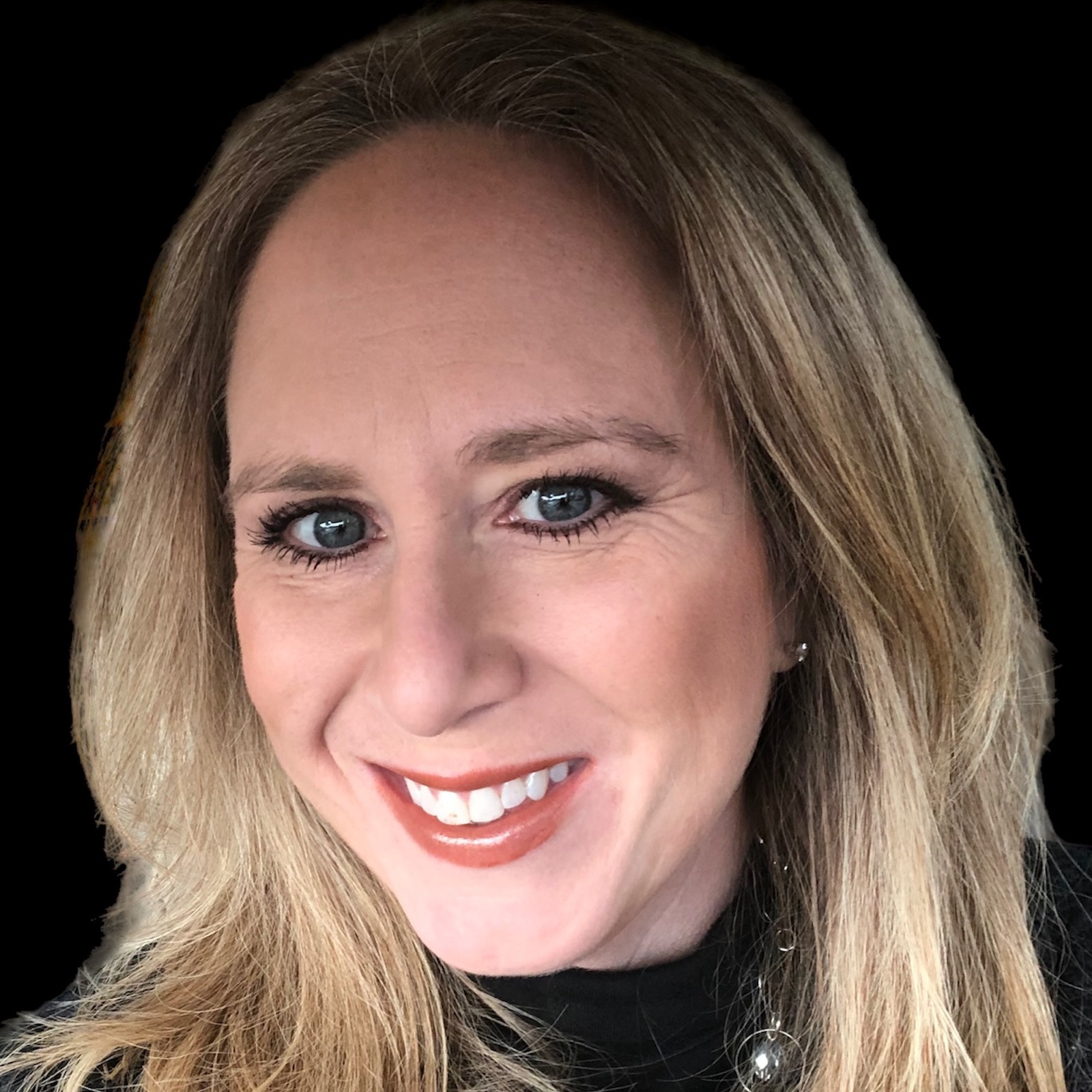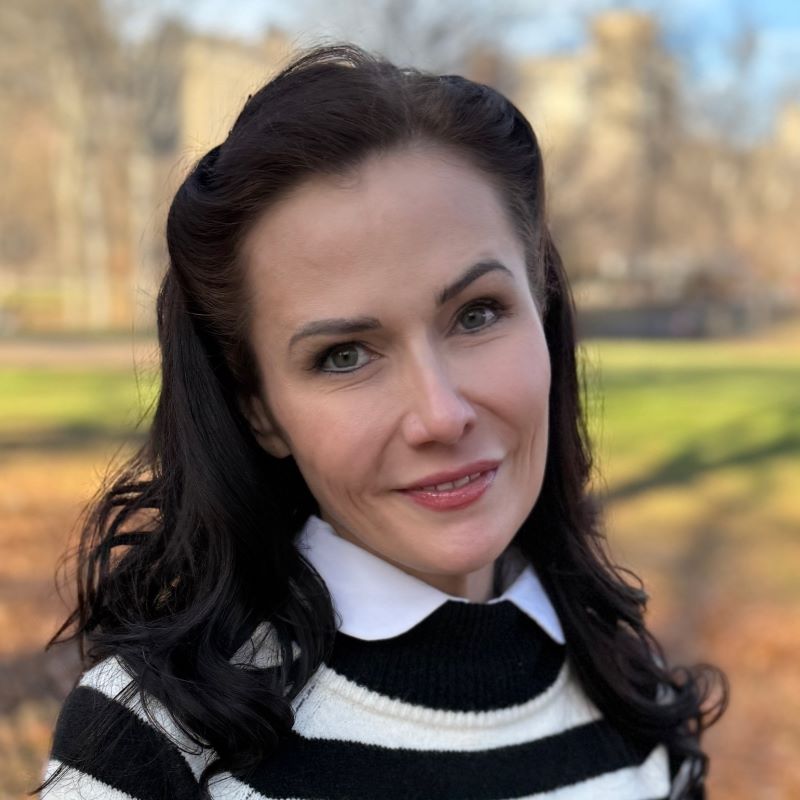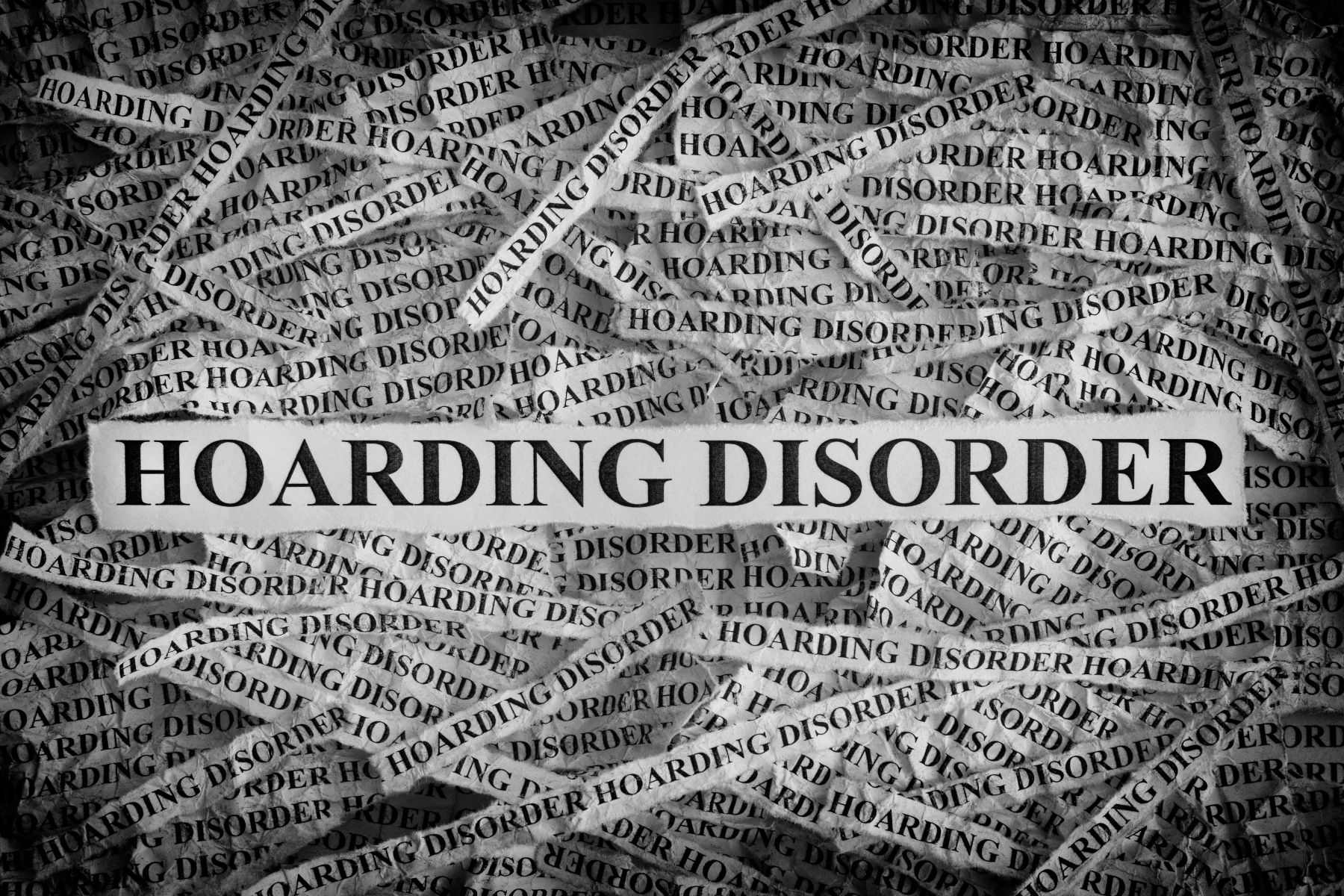Hoarding Disorder as an Attachment Injury: Understanding and Hope
For those living in Atlanta, understanding hoarding disorder as an attachment injury can be a crucial step toward healing and regaining control over one’s life.
by Pamela Madsen | , updated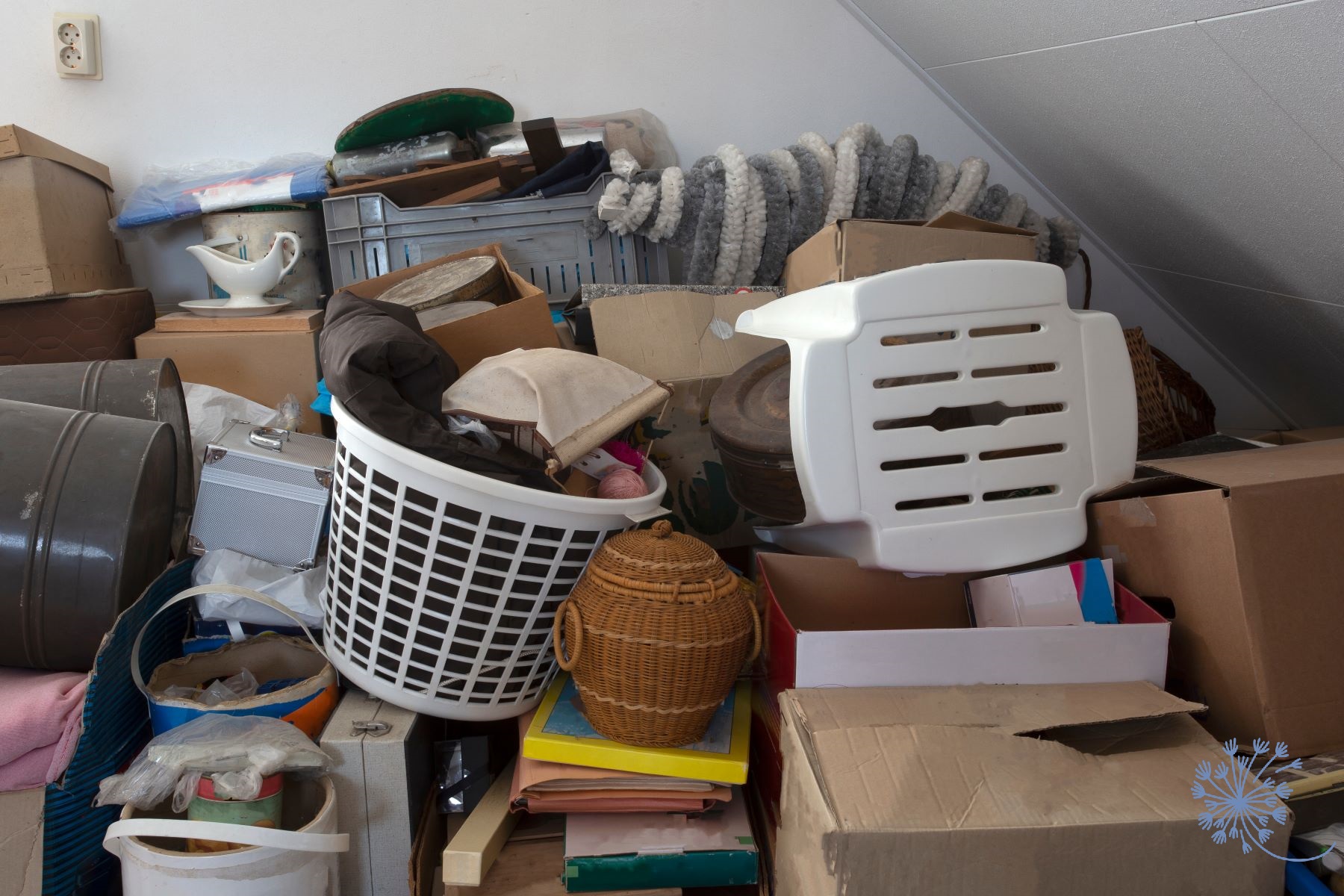
Hoarding disorder is more than just an issue of clutter—it’s a profound and complex mental health condition that often arises from deep emotional wounds. For those living in Atlanta, understanding hoarding disorder as an attachment injury can be a crucial step toward healing and regaining control over one’s life. As a licensed professional counselor in Atlanta, I have had the honor of walking alongside many individuals who are struggling with hoarding, helping them to not only clear their spaces but also heal their hearts.
The Emotional Depth of Hoarding Disorder
Hoarding disorder is characterized by the persistent difficulty in discarding or parting with possessions, regardless of their actual value. This behavior often results in living spaces that are cluttered to the point where they become unusable, creating a physical manifestation of the emotional turmoil within. Yet, what may appear as mere disorganization to others is often a deeply ingrained coping mechanism, one that has developed as a response to emotional pain and unresolved trauma.
For many individuals in Atlanta who struggle with hoarding, the issue is not simply about the accumulation of objects. The items they collect and hold onto represent far more than just material possessions—they are imbued with memories, significance, and often, a sense of safety. This intense emotional attachment to possessions is frequently rooted in attachment injuries, a term used to describe the emotional wounds that occur when early bonding experiences with caregivers are disrupted. These injuries can lead to feelings of insecurity, abandonment, or mistrust, and may set the stage for the development of hoarding behaviors later in life.
The Connection Between Hoarding Disorder and Complex PTSD
In many cases, hoarding disorder is closely linked to Complex Post-Traumatic Stress Disorder (C-PTSD). C-PTSD develops in response to prolonged, repeated trauma, particularly in situations where escape or relief is not possible—such as in cases of chronic childhood abuse or neglect. Individuals with C-PTSD often struggle with a deep sense of insecurity and a pervasive feeling of being unsafe in the world. These feelings can manifest in various ways, one of which may be hoarding.
For someone with C-PTSD, hoarding can serve as a way to create a protective barrier between themselves and the world. The possessions they accumulate may provide a sense of security, offering a buffer against the emotional pain that they have endured. In this way, hoarding becomes a form of self-protection, a way to exert control in an otherwise unpredictable and often frightening world.
Understanding Attachment Injuries and Their Impact
Attachment injuries occur when the foundational bonds between a child and their caregivers are damaged. These injuries can result from various forms of trauma, including neglect, inconsistent caregiving, or outright abuse. When these early bonds are disrupted, the child may develop deep-seated feelings of insecurity and mistrust. These feelings can carry into adulthood, influencing how the individual relates to others and how they cope with emotional pain.
For those with hoarding disorder, the items they collect often serve as substitutes for the emotional connections that were lacking in their early lives. Common thought patterns associated with hoarding disorder reflect this deep emotional need:
- “I might need this one day.” This thought often reflects a fear of being unprepared or unsafe, a fear that may stem from past experiences of unmet needs or abandonment.
- “This item holds a memory.” For many, the objects they hoard serve as tangible connections to the past—a way to preserve memories and maintain a sense of continuity in their lives.
- “I can’t trust anyone else to decide what’s important.” This thought pattern indicates a struggle with control and a deep mistrust of others, a mistrust that may have its roots in early attachment injuries.
These thought patterns illustrate how hoarding is not a simple issue of clutter or disorganization; it is a complex coping mechanism that is deeply intertwined with emotional pain and trauma.
The Path to Healing: Counseling in Atlanta
Recognizing hoarding disorder as an attachment injury opens the door to a more compassionate and effective approach to treatment. In Atlanta, counseling services are available to help individuals who are struggling with hoarding disorder to explore and address the underlying emotional wounds that contribute to their behavior.
As a licensed professional counselor, my approach is grounded in empathy and understanding. I strive to create a safe, supportive environment where clients can explore their feelings, identify the roots of their hoarding behaviors, and begin to develop healthier ways of coping. Through therapy, individuals can work to challenge the thought patterns that sustain hoarding, address the attachment injuries that underlie their behavior, and ultimately, heal from the emotional wounds that have driven them to hoard.
The Role of Compassion in Healing
Healing from hoarding disorder requires more than just decluttering a space—it requires a deep, compassionate exploration of the emotional pain that lies beneath the surface. This process is not about judgment or forcing change; it is about understanding, support, and empowerment.
For many individuals in Atlanta, the journey toward healing begins with the recognition that they are not alone in their struggle. Hoarding disorder is a complex condition, and it is one that can be addressed with the right support and treatment. By seeking counseling, individuals can begin to reclaim their lives, their spaces, and their sense of self-worth.
Call to Action: Take the First Step Toward Healing
If you or someone you love is struggling with hoarding disorder in Atlanta, I encourage you to take the first step toward healing by seeking counseling. It is important to understand that hoarding is not a reflection of laziness or lack of discipline—it is a sign of deeper emotional pain that deserves to be addressed with care and compassion.
As a licensed professional counselor, I am here to help you navigate this journey. Together, we can work to uncover the root causes of your hoarding behavior, address the attachment injuries that underlie it, and develop strategies for healing and growth. Whether you are seeking support for yourself or a loved one, I am committed to providing the empathetic, nonjudgmental care you need to reclaim your life and your space.
Conclusion: Hope and Healing Are Possible
Hoarding disorder can feel overwhelming, but it is important to remember that hope and healing are possible. With the right support, individuals can work through the emotional pain that drives their behavior and develop healthier, more fulfilling ways of coping. In Atlanta, counseling services are available to help those struggling with hoarding disorder to take the first step toward a brighter, clutter-free future.
If you’re ready to begin your journey toward healing, please reach out to schedule an appointment. Together, we can work to understand the emotional roots of hoarding disorder, address the attachment injuries that contribute to it, and move toward a life that is not only free of clutter but also full of meaning, connection, and hope.
To learn more about my counseling services in Atlanta or to schedule an appointment, refer to my bio or select the Schedule an Appointment button on this page. Healing is within reach, and I am here to help you take the first step on your journey toward a healthier, happier life.

